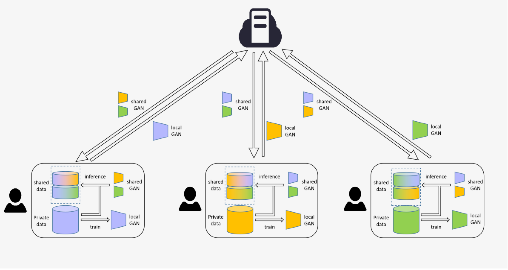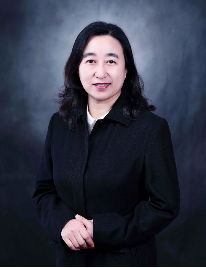Feature extraction of material microstructure image based on data privacy protection
Xiaojuan Ban*, Haiyou Huang*, Boyuan Ma, Xiang Yin, Hao Wang, Weihua Xue
University of Science and Technology Beijing, Beijing, 100083, China
EXTENDED ABSTRACT: The rapid and accurate establishment of the intrinsic relationship of material composition, process, microstructure and properties is the basis of material performance improvement, quality control and material design, microstructure image segmentation which is the upstream task of the organizational information mining is an important part of the material design process. Recently, the deep learning technology represented by convolutional neural network has been widely used in the quantitative analysis of material organization structure presented by unstructured image data, the performance of these data-driven approaches usually positively correlated with the scale and quality of the training data. However, in the field of materials informatics, it’s difficult to obtain large scale high quality labeled dataset because of the high cost of material preparation and the high demand of professional knowledge of annotators when labeling the material microstructure image. This leads to isolated data where each researcher unwilling to public their data and can only using their small-scale data to train models with limited generalization ability, which hinders the further development of the material information field. To solve the above problems, we propose the algorithm shown in Figure 1, the design ideas of this work are: 1) we introduce federated learning into micrographic image segmentation witch bring collaborative model training between different researcher under the condition of ensuring data privacy; 2) we propose a style transfer based data sharing methods, reduce the algorithm performance loss caused by the data Non-IID between different researchers.

Figure 1 The procedure of federated learning and style transfer based image segmentation for micrographic image

Xiaojuan Ban has completed her PhD from University of Science and Technology in Beijing, China. She is the professor and doctoral advisor and has engaged in artificial intelligence and computer vision research for more than 20 years. She won 4 awards of scientific research and teaching at provincial and ministerial level, and published more than 300 papers in the conferences and journals, such as ‘NPJ Computational Materials’, ‘Journal of Microscopy’, ‘Computational Material Science’, ‘Micron’, and ‘Chinese Journal of Computers’.